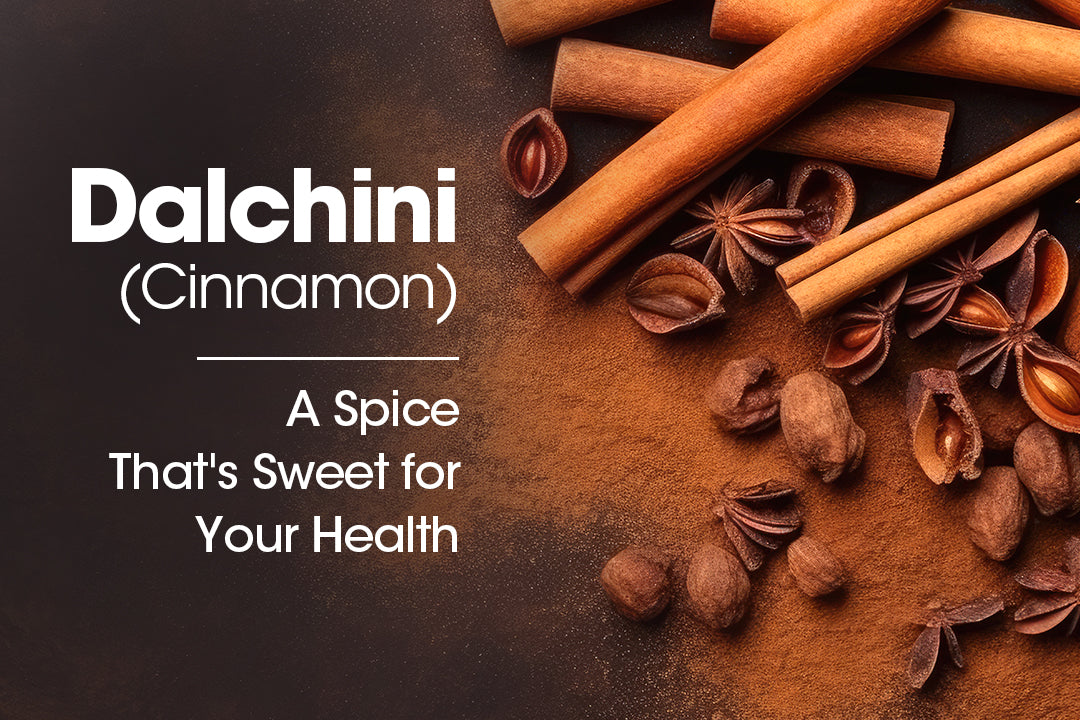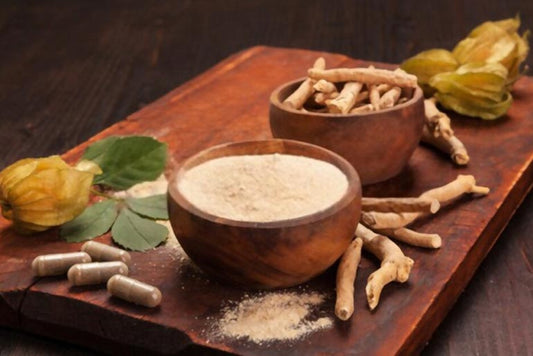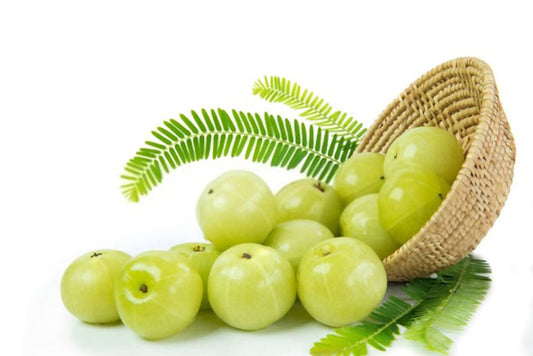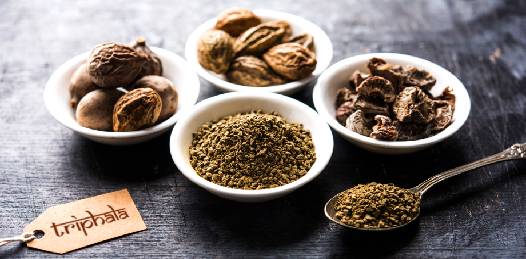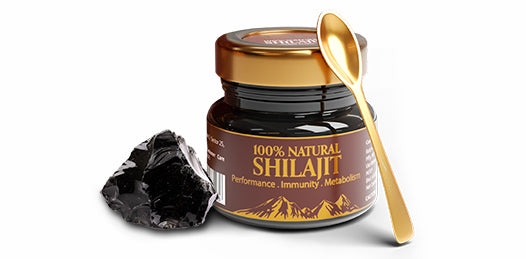Dalchini, also known as cinnamon, is a spice that has delighted palates and enhanced culinary experiences for centuries. Beyond its flavorful contributions to food, cinnamon has been celebrated for its impressive health benefits. Obtained from the inner bark of trees belonging to the genus Cinnamomum, this spice not only tantalizes taste buds but also offers many medicinal properties that contribute to overall well-being. In this blog post, we'll explore cinnamon's rich history, nutritional profile, and remarkable health benefits and how to incorporate it into your daily routine for a healthier lifestyle.
The Rich History of Cinnamon
Cinnamon has a storied history dating back to ancient times. It was highly prized in ancient Egypt, used not only as a flavouring agent but also for its preservative and embalming properties. The spice was so valuable that it was considered more precious than gold. In medieval Europe, cinnamon was a status symbol among the elite, and its trade was a significant factor in the exploration and expansion of trade routes.

Cinnamon is obtained from the inner bark of Cinnamomum trees, native to Sri Lanka, India, Bangladesh, and Myanmar. The two most common types of cinnamon are Ceylon cinnamon (Cinnamomum verum), often referred to as "true cinnamon," and Cassia cinnamon (Cinnamomum cassia), which is more widely available and commonly used in the United States.
Nutritional Profile of Cinnamon
Cinnamon is not just a spice with a delightful aroma and taste; it is also packed with essential nutrients. It contains various vitamins and minerals, including calcium, iron, magnesium, phosphorus, potassium, zinc, and vitamins A, B6, C, and E. Additionally, cinnamon is rich in antioxidants, such as polyphenols, which help combat oxidative stress and protect the body from damage caused by free radicals.
One teaspoon of ground cinnamon contains approximately:
- Calories: 6
- Fiber: 1.2 grams
- Manganese: 0.38 milligrams (16% of the Recommended Daily Allowance)
- Calcium: 26 milligrams (2% of the RDA)
- Iron: 0.21 milligrams (1% of the RDA)
- Vitamin K: 1.4 micrograms (2% of the RDA)
Health Benefits of Cinnamon
The health benefits of cinnamon are extensive and well-documented through scientific research. Here are some of the most significant ways in which cinnamon can contribute to your health:
Anti-Inflammatory Properties
Inflammation is a natural response by the body to fight infections and repair tissue damage. However, chronic inflammation can lead to various health issues, including heart disease, diabetes, and cancer. Cinnamon contains potent anti-inflammatory compounds that help reduce inflammation in the body. Studies have shown that the antioxidants in cinnamon, such as polyphenols, can inhibit the release of inflammatory molecules and reduce overall inflammation.
Antioxidant Powerhouse
Cinnamon is loaded with powerful antioxidants that protect the body from oxidative damage caused by free radicals. These antioxidants help reduce the risk of chronic diseases and promote overall health. The high antioxidant content of cinnamon also prevents the oxidation of fats, which contributes to the development of atherosclerosis and heart disease.
Blood Sugar Regulation
One of cinnamon's most well-known health benefits is its ability to regulate blood sugar levels. Cinnamon has been shown to improve insulin sensitivity, which helps cells use glucose more effectively. This can be particularly beneficial for individuals with type 2 diabetes or insulin resistance. Studies have demonstrated that cinnamon can lower fasting blood sugar levels and improve haemoglobin A1c, a long-term control marker.

Heart Health
Cinnamon's heart-healthy benefits are attributed to its anti-inflammatory, antioxidant, and lipid-lowering properties. Research has shown that cinnamon can help reduce total cholesterol, LDL (bad) cholesterol, and triglycerides while maintaining or even increasing HDL (good) cholesterol levels. By improving these markers, cinnamon can contribute to a healthier cardiovascular system and reduce the risk of heart disease.
Antimicrobial Properties
Cinnamon possesses natural antimicrobial properties that can help combat bacterial, fungal, and viral infections. The essential oils in cinnamon, such as cinnamaldehyde, have been found to inhibit the growth of various pathogens, including E. coli and Candida albicans. This makes cinnamon a beneficial natural remedy for infections and a potential preservative for extending the shelf life of food products.
Brain Health
Emerging research suggests that cinnamon may have protective effects on brain health. Compounds in cinnamon, such as cinnamaldehyde and epicatechin, have been shown to inhibit the build-up of tau proteins in the brain, which are associated with Alzheimer's disease. Additionally, cinnamon's antioxidant and anti-inflammatory properties help reduce the risk of neurodegenerative diseases and improve cognitive function.
Weight Management
Cinnamon may also aid in weight management by improving metabolic health and increasing fat burning. Some studies have indicated that cinnamon can help reduce appetite and cravings by stabilizing blood sugar levels. Additionally, the spice's thermogenic properties may enhance the body's ability to burn calories and fat.

Incorporating Cinnamon into Your Daily Routine
Given its numerous health benefits, incorporating cinnamon to your daily routine can be a delicious and an effective way to boost your overall health. Here are some practical tips on how to include more cinnamon in your diet:
- Spice Up Your Morning Coffee or Tea: Add a pinch of ground cinnamon to your coffee or tea for a flavorful and health-boosting kick.
- Smoothies and Juices: Blend cinnamon into your favourite smoothies or juices to enhance their taste and nutritional profile.
- Baking: Use cinnamon in your baking recipes, such as muffins, cookies, and bread, for a warm and aromatic flavour.
- Oatmeal and Cereals: Sprinkle cinnamon on your oatmeal, cereal, or yoghurt for a healthy and tasty breakfast.
- Savoury Dishes: Incorporate cinnamon into savoury dishes, such as curries, stews, and marinades, to add depth and complexity to the flavours.
- Fruit Toppings: Dust cinnamon on fresh fruits like apples, bananas, and pears for a delightful and nutritious snack.

Conclusion
Dalchini, or cinnamon, is a sweet spice for your health. From an ancient origin to its modern-day applications, cinnamon has proven to be more than just a flavorful addition to our culinary creations. Its impressive health benefits, including anti-inflammatory, antioxidant, antimicrobial, and blood sugar-regulating properties, make it a valuable component of a healthy diet.
Including cinnamon into your daily routine can enhance your enjoyment of its delightful taste and remarkable health-promoting effects. Whether you sprinkle it on your morning oatmeal, blend it into your smoothies, or spice up savoury dishes, cinnamon offers a simple and delicious way to enhance your overall well-being. Embrace the sweet health benefits of dalchini and savour the spice that has stood the test of time.




